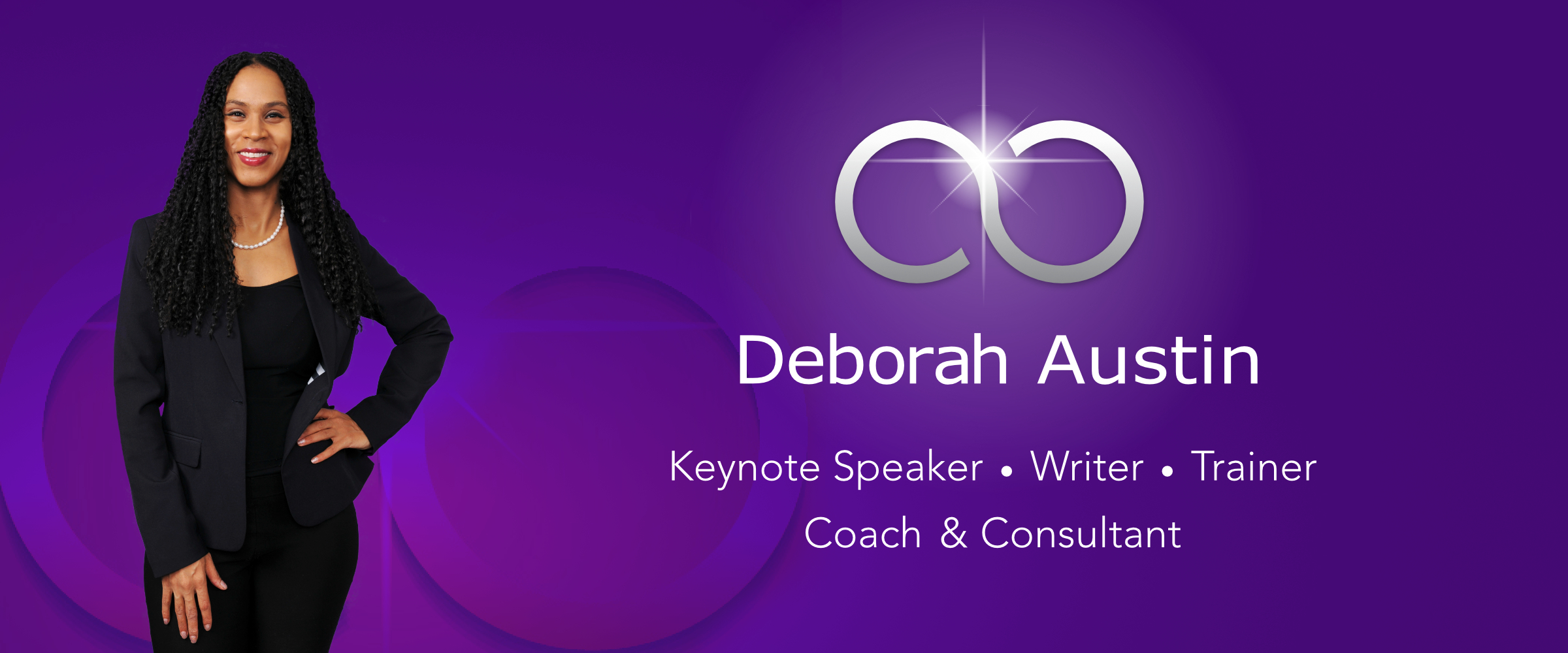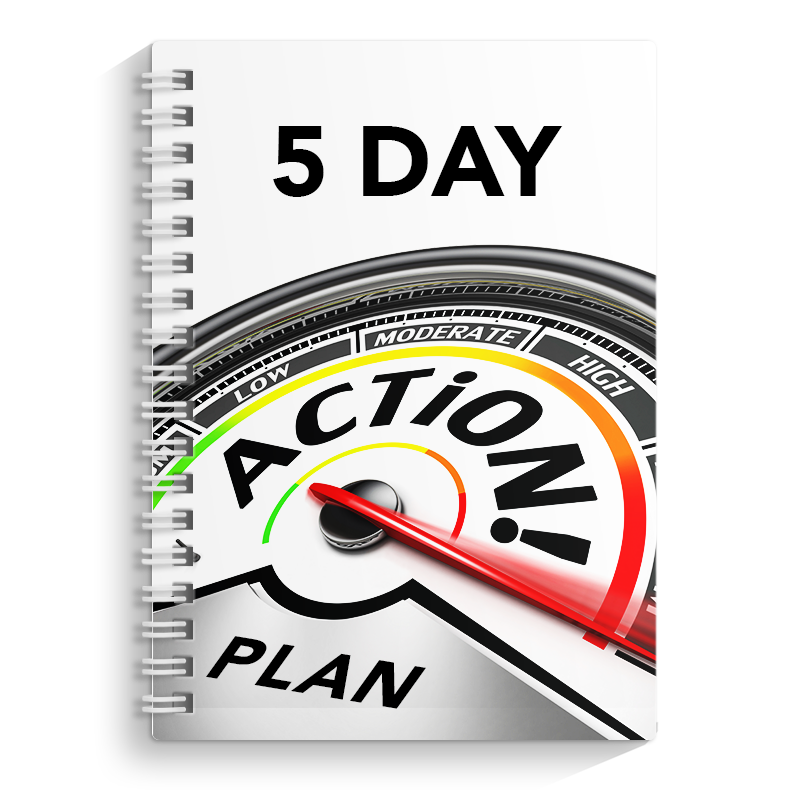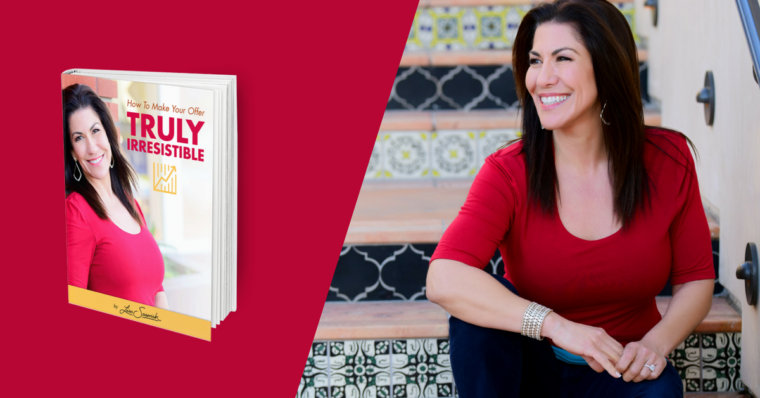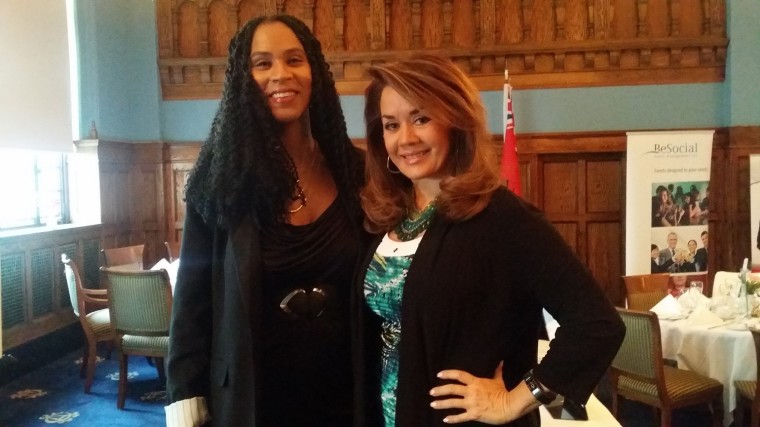Recently, I was invited to be part of a panel on women and entrepreneurship at an entrepreneurship expo at the Ontario Science Centre. I was part of a panel that included a moderator and two other panelists. The moderator was Katherine Roos, Executive Director – Imagination Catalyst at OCAD University. The two panelists were: Dr. Diana Kraskouskaya, CEO of Dalriada Therapeutics and Chakameh Shafii, CEO and Co-Founder of TranQool. It was a wonderful experience. The moderator asked questions to the panelists for about 40 minutes. Afterwards, there was a question and answer period with audience members.

If you have the opportunity to participate as part of a panel, I highly recommend it. Here are six tips that can help you navigate the opportunity when you are invited to be a panelist. They are:
1. Panel Fit. Before you accept the invitation to be part of a panel, determine if it’s a good fit for you. There are a variety of reasons why you could be asked to be on a panel. You could be invited based on: your expertise, your professional experience, your education, your network, or your profile and platform. Before you accept the invitation, decide if being a panelist is a good fit for you. Take into consideration your professional experience and the value that you would add to the panel. When I accepted the invitation to participate, I decided that it was a good fit. The other two panelists were CEOs and based on my experience as a “solopreneur” in the coaching and consulting areas, I could give a unique perspective. Being on the panel was also in alignment with my commitment to women’s issues, including economic empowerment.
2. Conduct Your Research. In order to prepare properly, conduct research into the following: the organization hosting the panel, the topic under consideration, the moderator and the other panelists. Doing your research in advance will help you to speak credibly to the topic that will be discussed. I conducted research into all the above and it served me well on the panel.
3. Questions from the Moderator. If possible try to obtain some examples of the questions that the moderator might ask in advance of the panel and prepare accordingly. If you are unable to obtain some of the questions in advance, prepare a few sample questions and practice with them. I anticipated what some of the questions might be and some of those questions were asked.
4. Share Personal Stories. You were asked to be part of a panel because of your expertise and professional background. The audience members want to learn about your journey. Be prepared to share relevant, personal stories that highlight your area of expertise. One area where I got personal was when the moderator asked me who my mentor was. I mentioned my mother who taught me the tenacity, courage, perseverance, empathy and compassion that I need to succeed in business and in life.
5. Questions from the Audience. Similar to preparing for the moderator’s questions, anticipate some questions that might come from the audience. When the questions are asked, answer to the best of your ability. I brainstormed a few potential questions in advance and some of them were asked by audience members.
6. Connect with Your Host. Before the date of the panel, ensure that you have communicated with your host well in advance. Have at least one phone call with your host in addition to email communication to determine the event expectations and the venue location/time. If he or she doesn’t do so automatically, ask to be connected with the panel moderator to touch base. On the date of the event, arrive early, connect with the host and make sure that you know where the panel meeting room location is. After the event, thank the host for the wonderful opportunity.
While you may not have participated on a panel (yet), these tips will help you navigate that opportunity smoothly. When opportunity knocks, preparation will enable you to open the door with full confidence!





